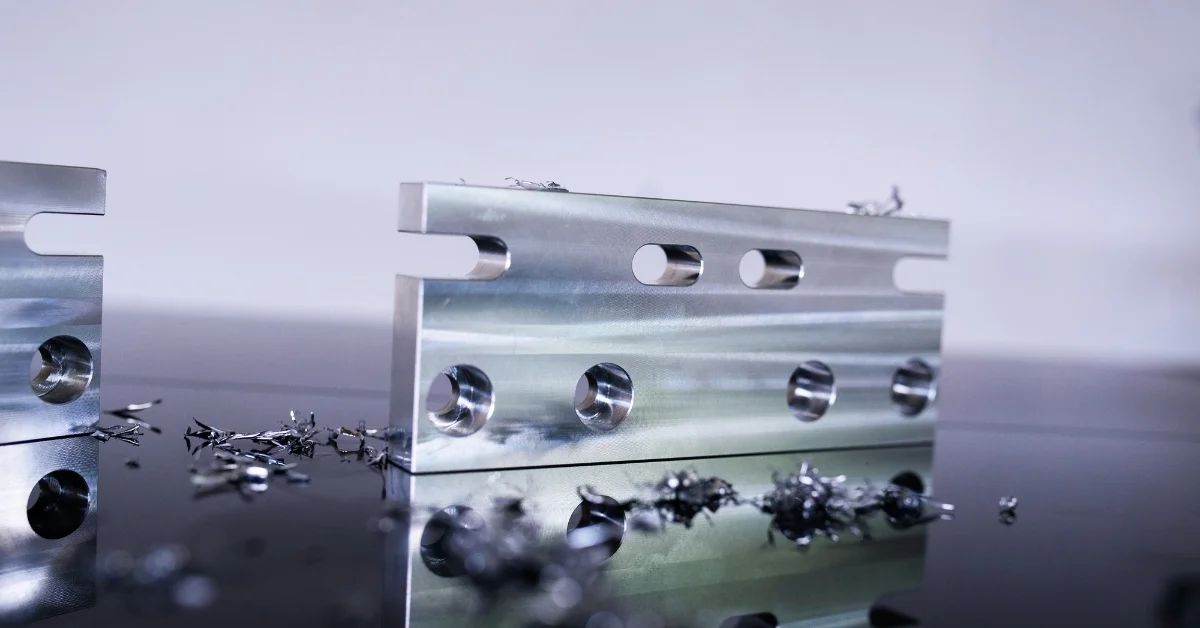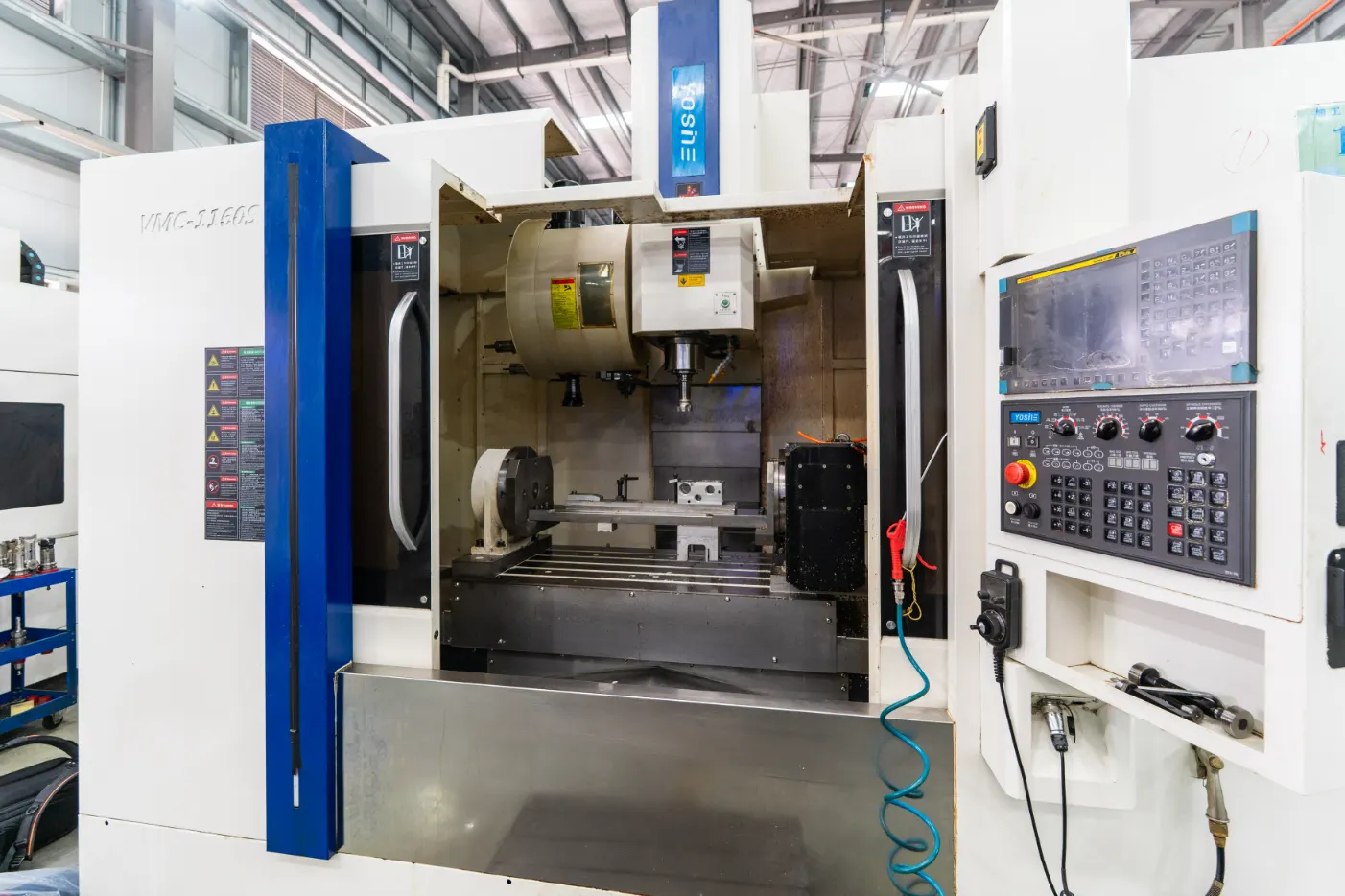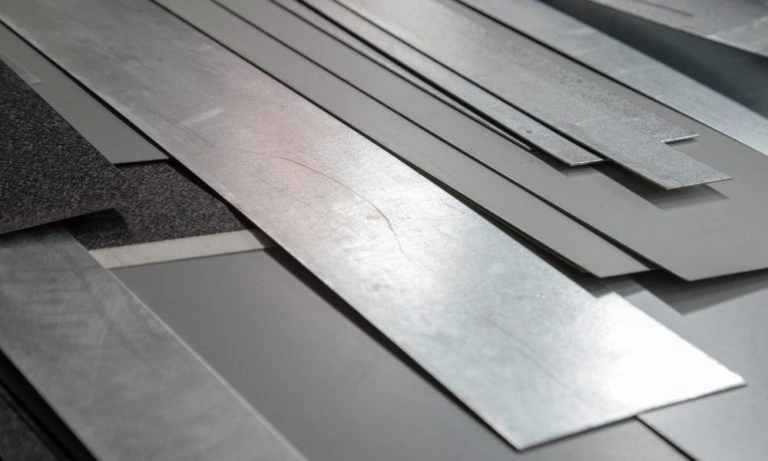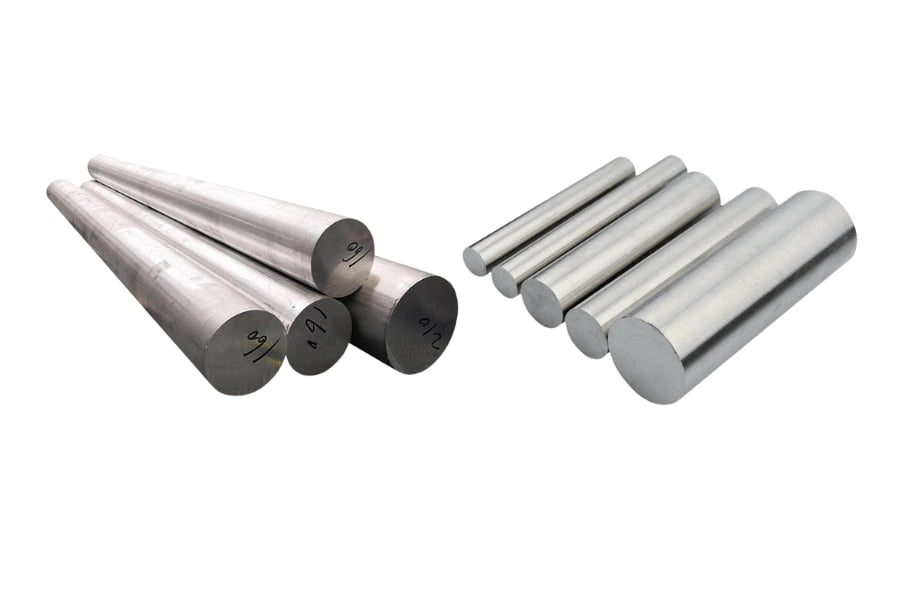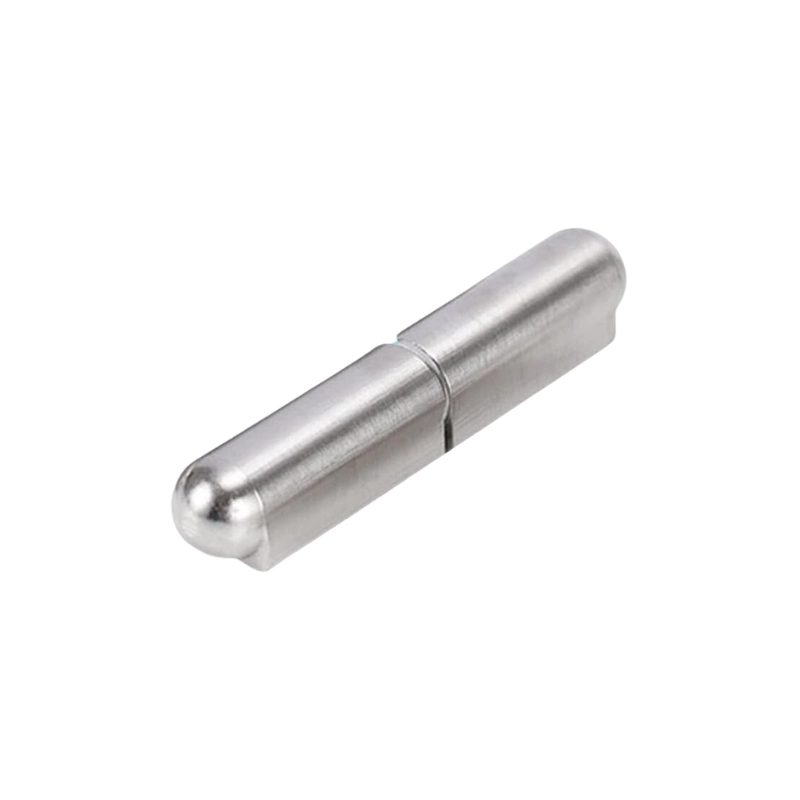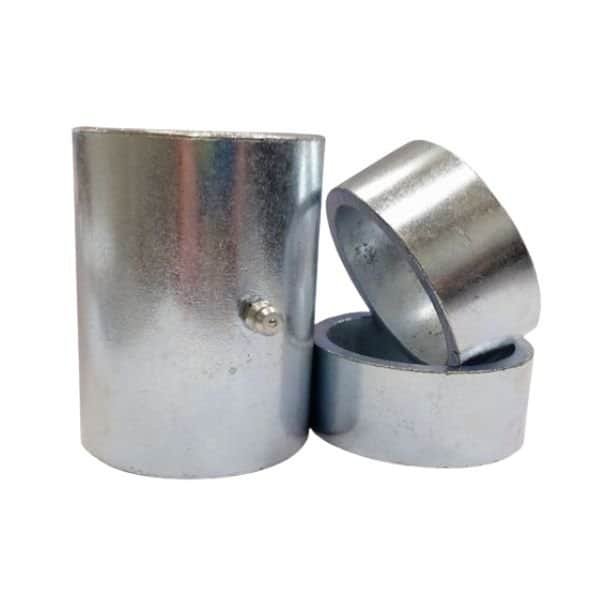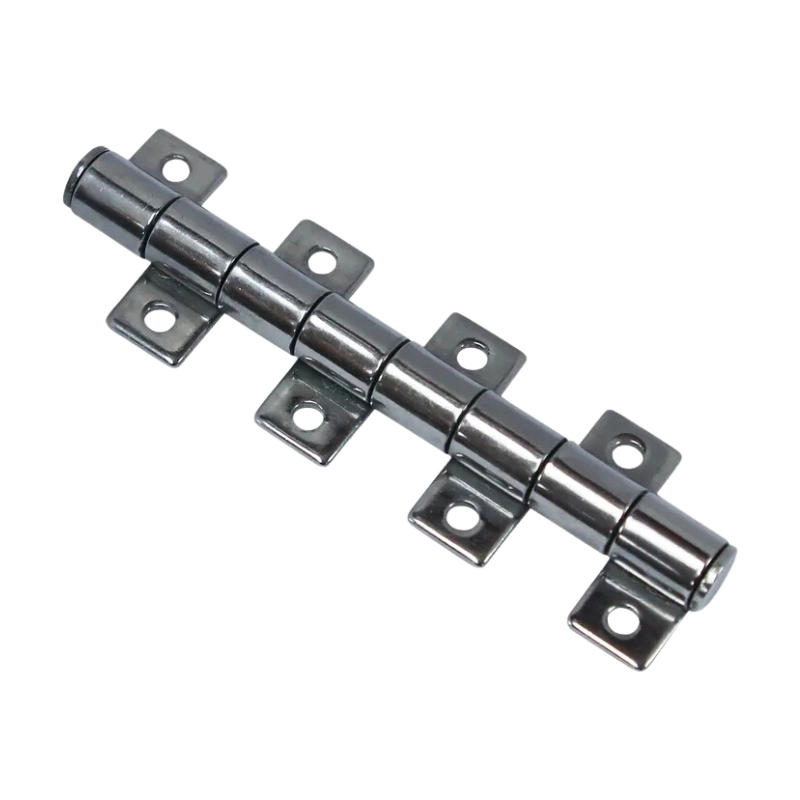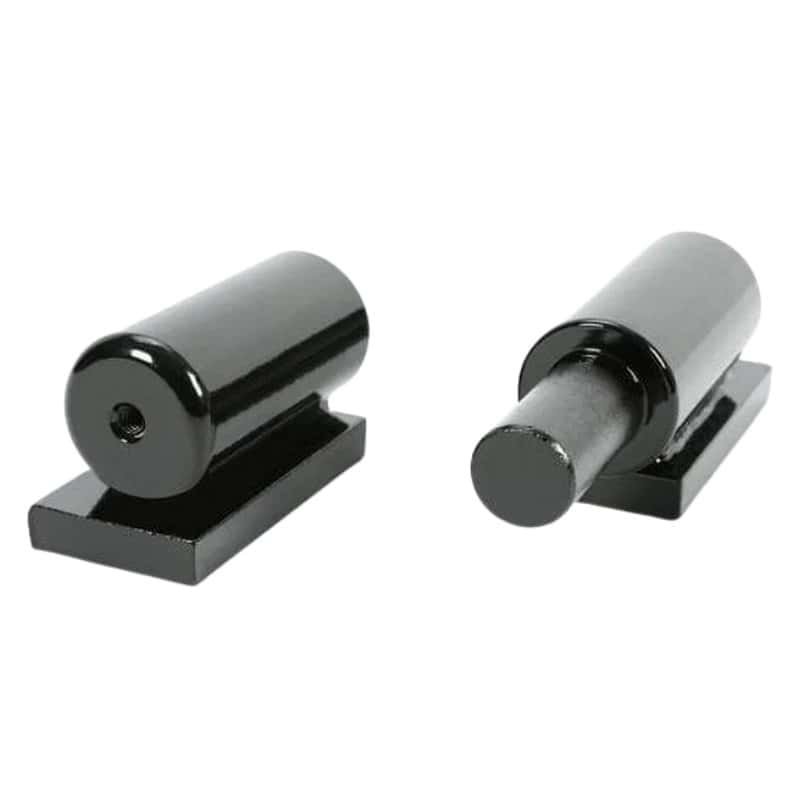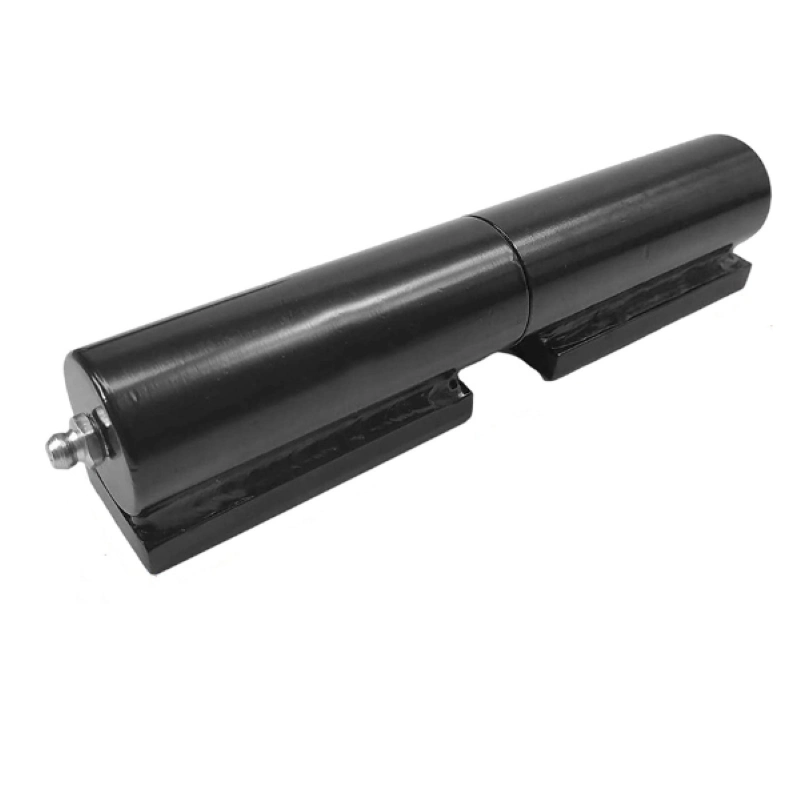- بيت
- Ressourcen
- Bloggen
- Vergleich gängiger Titanlegierungen: Eigenschaften und Anwendungen
Vergleich gängiger Titanlegierungen: Eigenschaften und Anwendungen
- Von: HDCMFG
Titanlegierungen spielen aufgrund ihrer außergewöhnlichen Eigenschaften in der modernen Industrie eine entscheidende Rolle. Sie sind bekannt für ihr geringes Gewicht, ihre hohe Festigkeit und Korrosionsbeständigkeit und werden häufig in Branchen wie der Luft- und Raumfahrt, der Medizintechnik, der Automobilindustrie und der Schiffstechnik eingesetzt.
Diese einzigartigen Eigenschaften machen Titanlegierungen unverzichtbar für Anwendungen, die Haltbarkeit unter extremen Bedingungen erfordern.
Das Ziel dieses Blogs besteht darin, einen Vergleich häufig verwendeter Titanlegierungen anhand ihrer Eigenschaften und Parameter bereitzustellen und so den Kunden dabei zu helfen, fundierte Entscheidungen bei der Auswahl des richtigen Materials für ihre spezifischen Anforderungen zu treffen.

Klassifizierung von Titanlegierungen
Titanlegierungen werden anhand ihrer Mikrostruktur in fünf Hauptkategorien eingeteilt:
Alpha (α)-Legierungen: Diese Legierungen bestehen hauptsächlich aus Alpha-Phase-Titan, sind nicht wärmebehandelbar und weisen eine ausgezeichnete Korrosions- und Kriechbeständigkeit auf.
Nahezu-Alpha-Legierungen: Diese Legierungen enthalten geringe Mengen an Beta-Phase-Stabilisatoren, die die Festigkeit und Kriechfestigkeit bei erhöhten Temperaturen verbessern.
Alpha-Beta (α-β)-Legierungen: Diese Legierungen enthalten sowohl Alpha- als auch Betaphasen und sind daher wärmebehandelbar und vielseitig einsetzbar. Sie bieten ein ausgewogenes Verhältnis zwischen Festigkeit, Duktilität und Korrosionsbeständigkeit.
Beta (β)-Legierungen: Diese bestehen hauptsächlich aus Beta-Phase-Titan, sind vollständig wärmebehandelbar und bieten das höchste Verhältnis von Festigkeit zu Gewicht. Sie verfügen über eine ausgezeichnete Kaltverformbarkeit.
Metastabile Beta-Legierungen: Diese Legierungen behalten einen Teil der Alphaphase und können durch Alterung gehärtet werden, wodurch sie ein gutes Gleichgewicht zwischen Festigkeit und Zähigkeit bieten.
Vergleich der wichtigsten Eigenschaften gängiger Titanlegierungen: Titan der Güteklasse 1 im Vergleich zu Titan der Güteklasse 2, 5, 7, 9, 12 und 23
| Titanlegierungsqualität | Primärzusammensetzung | Dichte (g/cm³) | Zugfestigkeit, maximal (MPa) | Härte (HRB/HRC) | Schmelzpunkt (°C) | Korrosionsbeständigkeit |
|---|---|---|---|---|---|---|
| Titan Grad 1 (Reintitan) | Reines Titan | 4,51 g/cm³ | ~240 MPa | 70 HRB | <= 1670 °C (<= 3040 °F) |
Hervorragende Korrosionsbeständigkeit, gute Duktilität und Formbarkeit. |
| Titan Grad 2 (Reintitan) | Reines Titan | 4,51 g/cm³ | ~345 MPa | 80 HRB | <= 1665 °C (<= 3029 °F) |
Ähnlich wie Klasse 1, aber etwas stärker und mit ausgezeichneter Korrosionsbeständigkeit. |
| Titan Grad 5 (Ti-6Al-4V) | Titan, Aluminium, Vanadium | 4,43 g/cm³ | ~1000 MPa | 36 HRC | <=1660 °C (<=3020 °F) |
Hohe Festigkeit, ausgezeichnete Korrosionsbeständigkeit und gute Bearbeitbarkeit. |
| Titan Grad 7 | Titan, Palladium | 4,51 g/cm³ | ~344 MPa | 75 HRB | <= 1665 °C (<= 3029 °F) |
Ähnlich wie Grad 2, jedoch mit zusätzlichem Palladium für verbesserte Korrosionsbeständigkeit. |
| Titan Grad 9 (Ti-3Al-2,5V) | Titan, Aluminium, Vanadium | 4,48 g/cm³ | ~620 MPa | 102 HRB | ≤ 1700 °C (≤ 3090 °F) |
Eine mittelfeste Legierung mit guter Korrosionsbeständigkeit und Formbarkeit. |
| Titan Grad 12 (Ti-0,3Mo-0,8Ni) | Titan, Molybdän, Nickel | 4,51 g/cm³ | ~450 MPa | 99 HRB | <= 1660 °C (<= 3020 °F) |
Bietet gute Festigkeit und hohe Korrosionsbeständigkeit in sauren Umgebungen. |
| Titan Grad 23 (Ti-6Al-4V ELI) | Titan, Aluminium, Vanadium | 4,43 g/cm³ | ~895 MPa | 35 HRC | <= 1660 °C (<= 3020 °F) |
Eine extra niedrige interstitielle Version von Grad 5 für verbesserte Biokompatibilität. |
Anwendungen von Titanlegierungen
Luft- und Raumfahrt: Titanlegierungen wie TC4 (Ti-6Al-4V) werden aufgrund ihrer hohen Festigkeit, ihres geringen Gewichts und ihrer Beständigkeit gegenüber extremen Temperaturen in Flugzeugstrukturen und Turbinentriebwerken verwendet.
Medizinische Geräte: Aufgrund ihrer Biokompatibilität und Korrosionsbeständigkeit eignen sich Titanlegierungen ideal für orthopädische Implantate, chirurgische Instrumente und Zahnimplantate und gewährleisten Sicherheit und Haltbarkeit im menschlichen Körper.
Schiffstechnik: Aufgrund seiner überragenden Korrosionsbeständigkeit eignet sich Titan ideal für Unterwasserausrüstung und -pipelines, bei denen die Materialien den rauen Meerwasserumgebungen standhalten müssen.
Automobilindustrie: Bei Renn- und Hochleistungsfahrzeugen verbessern Titanlegierungen Motorteile und Abgassysteme, indem sie eine leichte und dennoch starke Lösung bieten, die Effizienz und Geschwindigkeit steigert.
Fazit
Titanlegierungen sind in Branchen, in denen geringes Gewicht, Festigkeit und Korrosionsbeständigkeit gefragt sind, von entscheidender Bedeutung – von der Luft- und Raumfahrt bis zum Gesundheitswesen. Ob es um die Reduzierung des Flugzeuggewichts oder die Herstellung langlebiger medizinischer Implantate geht – diese Materialien überzeugen durch hervorragende Leistung. Die umfassende Expertise von HDC gewährleistet maßgeschneiderte Titanlegierungslösungen, die perfekt auf Ihre individuellen Bedürfnisse zugeschnitten sind – denn in diesen Branchen ist kein Rätselraten erlaubt.
Entdecken Sie mehr mit unseren Blogbeiträgen.
kürzliche Posts
Erfahren Sie mehr über unsere Produkte.
Verwandte Produkte
Sofortiges Angebot!

